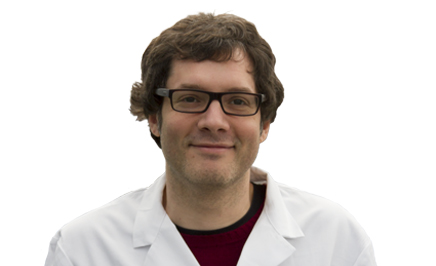Statistical physics of cells and genomes
Background
Contemporary biology is characterized by a massive flux of data, and by new high-precision techniques. These technological changes open new scientific perspectives, which in turn lead us to challenge the classic paradigms. In this context, quantitative approaches are essential, and modeling methods based on statistical physics find new avenues for application.
We are a theoretical group applying tools and concepts from statistical and soft condensed-matter physics to fundamental questions in biology, such as cell functioning and genome organization. We are characterized by (i) a quantitative approach, (ii) interdisciplinary work in direct contact with experimentalists, and (iii) a full integration of data analysis and theoretical modeling. We work jointly between IFOM and the Physics Department of the University of Milan.
Ongoing research projects
Quantitative single-cell physiology:
- determinants and homeostatic effectors of cell growth;
- decisional processes in cell-cycle progression.
Quantification of eco-evolutionary processes at the genome level:
- laws of genome and microbiome composition;
- evolutionary dynamics of major genome rearrangements;
- mutational processes and phenotypic transitions in cancer model systems.
Collaborations
The group engages in collaborations with experimental groups in biology and quantitative biophysics, as well as with other theoreticians. Some of these collaborations concern the core themes described above, and are fully "symbiotic", with experimental and theoretical work being planned concertedly. Our Partners include: IFOM, IRCCS Candiolo, University of Cambridge, Sorbonne, Curie Institute (Paris), IRCAN (Nice).
05.07.2021 rev.03
